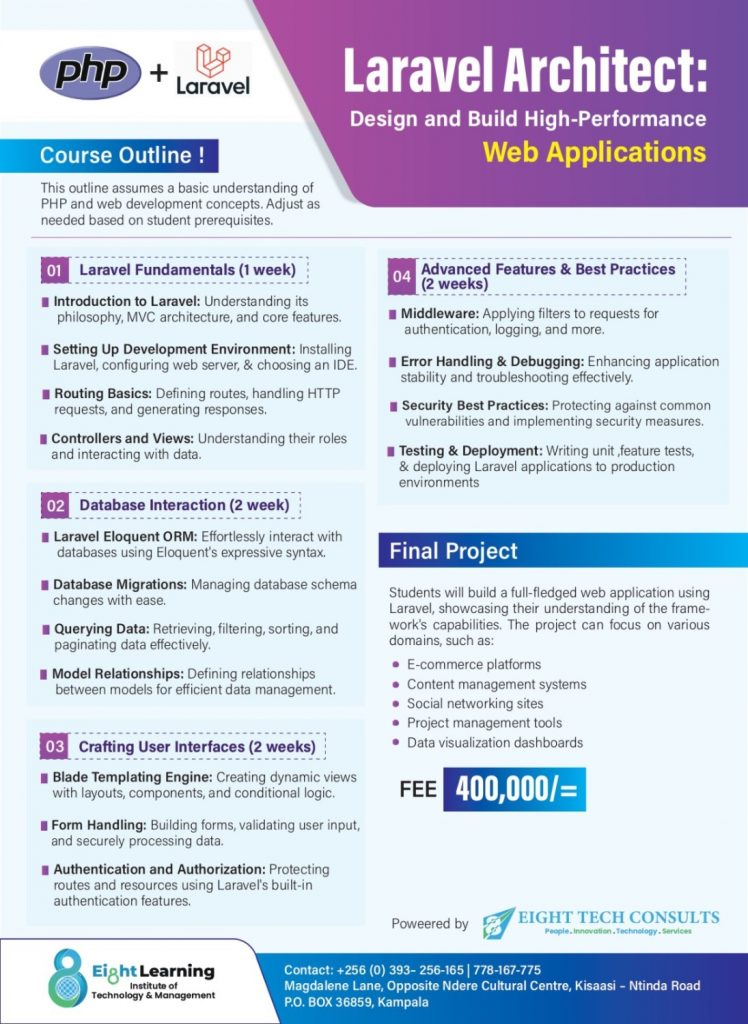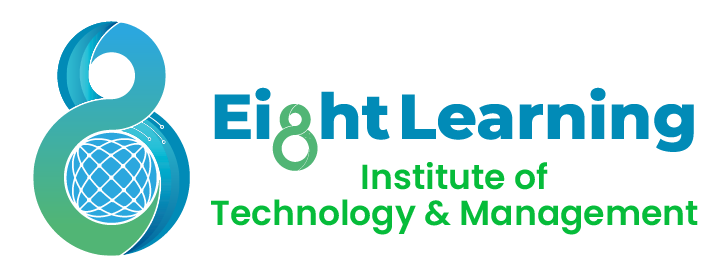Laravel, a popular PHP framework, has gained immense traction due to its elegant syntax and powerful tools that make web development a breeze. One of the standout features of Laravel is its Eloquent ORM (Object-Relational Mapping), which significantly simplifies database interaction. In this article, we will explore what Eloquent ORM is, its key features, and how it can make database management easier and more efficient.
What is Eloquent ORM?
Eloquent ORM is Laravel’s built-in ORM that provides an easy and fluent way to interact with databases. ORM stands for Object-Relational Mapping, a technique that allows developers to interact with a database using an object-oriented paradigm instead of writing raw SQL queries. Eloquent acts as a translator, converting PHP code into SQL queries and vice versa, making database interactions more intuitive and readable.
Key Features of Eloquent ORM
- Active Record Implementation: Eloquent uses the Active Record pattern, where each model corresponds to a database table. This means that each instance of the model represents a row in the table, and you can perform CRUD (Create, Read, Update, Delete) operations directly on the model.
- Fluent Query Builder: Eloquent provides a fluent query builder that allows developers to construct complex SQL queries using a simple and expressive syntax. This query builder makes it easy to chain methods and build queries incrementally.
- Relationships: Eloquent makes it effortless to define and manage relationships between different tables. Whether it’s one-to-one, one-to-many, many-to-many, or polymorphic relationships, Eloquent provides a straightforward way to define and query these relationships.
- Eager Loading: Eloquent supports eager loading, which helps to minimize the number of queries executed against the database by preloading related models. This can significantly improve the performance of your application by reducing the N+1 query problem.
- Mutators and Accessors: Eloquent allows you to define custom methods to manipulate data when it is retrieved from or saved to the database. These methods, known as mutators and accessors, enable you to format attributes or apply transformations seamlessly.
- Soft Deletes: Eloquent supports soft deletes, which allows you to mark records as deleted without actually removing them from the database. This feature is useful for maintaining data integrity and enabling the recovery of accidentally deleted records.
Simplifying Database Interaction with Eloquent
Eloquent ORM simplifies database interaction in several ways:
- Basic CRUD Operations: You can create, read, update, and delete records using straightforward methods on Eloquent models. This eliminates the need for raw SQL queries and makes the code more readable and maintainable.
- Query Builder: Eloquent’s fluent query builder allows you to build complex queries using a simple, chainable syntax. This makes it easy to construct queries incrementally and understand the flow of your code.
- Defining Relationships: Eloquent provides methods to define and query relationships between models. You can easily set up one-to-one, one-to-many, many-to-many, and polymorphic relationships, enabling you to work with related data without writing complex join queries.
Eloquent ORM is a powerful and user-friendly tool that simplifies database interaction in Laravel. By providing an elegant syntax and a robust set of features, Eloquent makes it easy to perform CRUD operations, build complex queries, and manage relationships between tables. Whether you are a seasoned developer or new to Laravel, Eloquent ORM can help you write cleaner, more maintainable code and improve your overall productivity.
Embrace the simplicity and power of Eloquent ORM, and let it handle the complexities of database management, so you can focus on building great applications. Start exploring Laravel today, for personalised guidance, sign up for our Laravel course here http://rb.gy/xdxzkm






